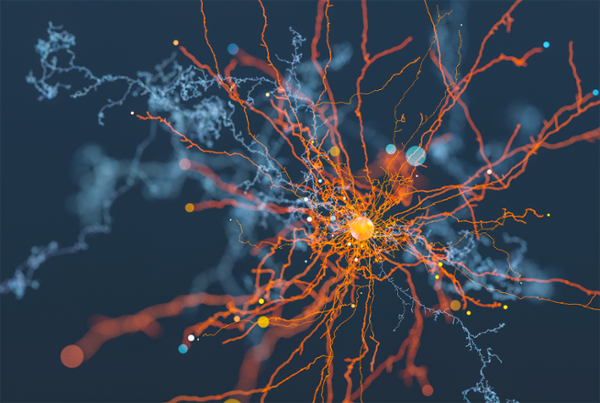
Highlighting the Conversation
Explore featured research that highlights new dimensions of intelligence. Conducted by leading experts, this work offers fresh insights that elevate the understanding of intelligence.
Featured Research
A Study of Unmet Needs Among Highly Intelligent Individuals
Summary: Highlights groundbreaking research commissioned by the Mensa Foundation, revealing the unique challenges and unmet needs of gifted individuals in academics, careers, social-emotional development, and mental health, while providing actionable strategies to support intelligence across the lifespan.
– Jennifer Riedl Cross, Ph.D.
Read MoreRead MoreDefining Intelligence
Summary: Examine the persistent lack of a universally accepted definition of intelligence, highlighting how this ambiguity limits collaboration and progress across disciplines such as psychology, neuroscience, and artificial intelligence. They propose clear, parallel definitions for human and artificial intelligence to bridge the gap and advance scientific understanding.
– Gilles E. Gignac, Eva T. Szodorai
Read MoreRead MoreEvidence of Interrelated Cognitive-like Capabilities
Summary: Performance across 591 large language models were analyzed and found consistent patterns of ability—what they term an “Artificial General Ability” (AGA) factor—suggesting shared capabilities across tasks, but not equivalent to human intelligence. They caution against equating this computational generality with the complex, contextual nature of human intelligence, emphasizing the need for clearer definitions in both AI and cognitive science.
Read MoreRead MoreInterdisciplinary Exploration and Domain-Specific Expertise
Summary: Discusses how different research approaches in creative intelligence can enrich each other.
– Don Ambrose, Ph.D.
Read MoreRead MoreEngaging the World and Making the Self: A Primer on Evolving Complexity Theory (ECT) of Talent Development
Summary: Introduces Evolving Complexity Theory (ECT), which explains talent development as a dynamic, lifelong process shaped by multiple forms of human engagement, cognitive modeling, and socio-historical influences.
– David Yun Dai, Ph.D.
Read MoreRead MoreHow Approaches to Animal Swarm Intelligence Can Improve the Study of Collective Intelligence in Human Teams
Abstract Summary: Examines how research on animal swarm intelligence can inform the study of collective intelligence in human teams, highlighting the potential for improving teamwork through better measurement, modeling, and understanding of dynamic interactions.
– Lisa O’Bryan, Ph.D.
Read MoreRead More



